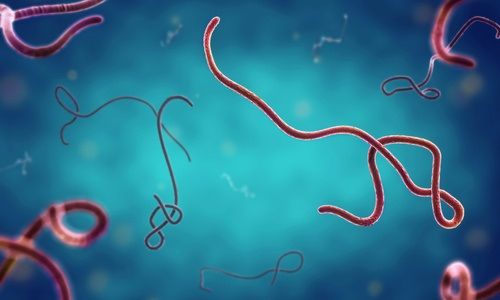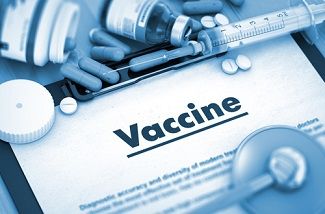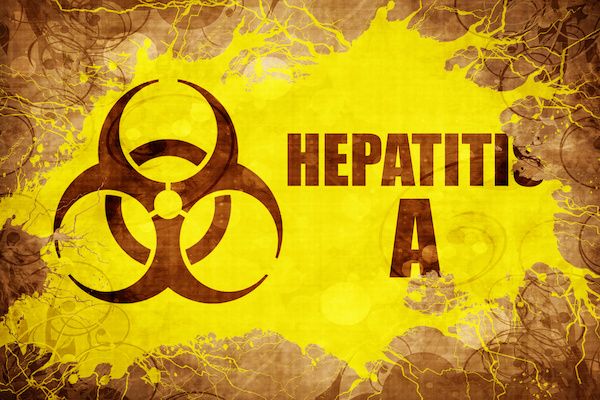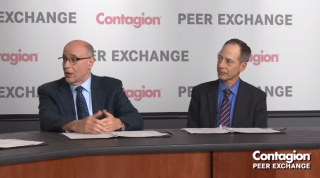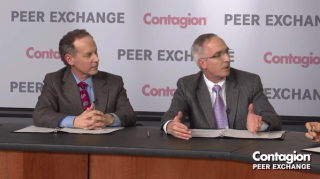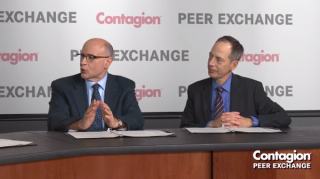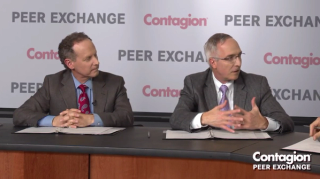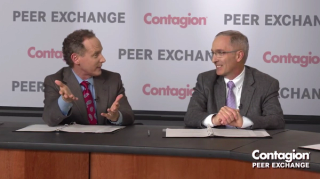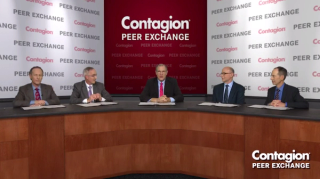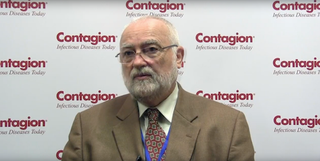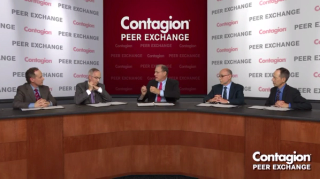
Blood-Borne Diseases
Latest News
Latest Videos

CME Content
More News

The new recommendations aim to limit the potentially deadly disease from infecting newborns or mothers.
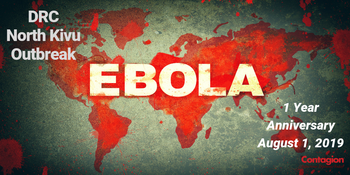
August 1, 2019, marks the 1 year anniversary of the North Kivu Ebola outbreak.

From vaccines to conflict, here's an update on why this Ebola outbreak is so unique.
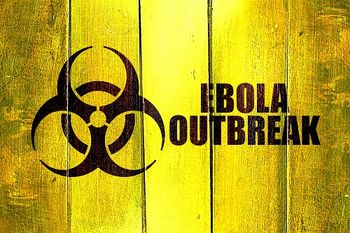
Dr. Tedros has accepted the World Health Organization (WHO) International Health Regulations Emergency Committee's recommendation.
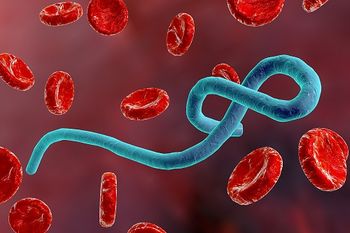
The Congolese city is home to more than 2 million people and rests against the border of Rwanda, a nation that is potentially vulnerable to the spread of Ebola.

Facing an outbreak of HAV, Arizona works to collaborate across public health departments and health care facilities.
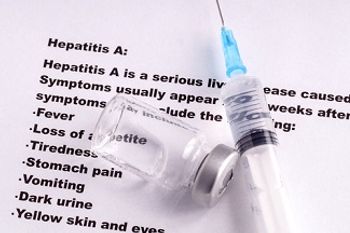
The recommendations are currently under review by US Centers for Disease Control and Prevention and the Department of Health and Human Services.

A new matrix will help prepare multiple industries to combat potential Ebola occupational exposures

The neighboring nation to the DRC has also launched ring vaccination following the confirmation of 3 travel-associated Ebola cases.
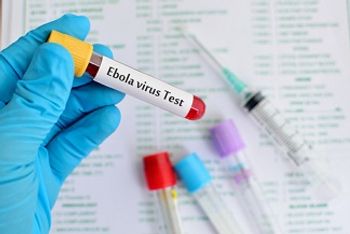
This case is the first confirmed case of Ebola that Uganda has detected during the ongoing outbreak in the neighboring Democratic Republic of the Congo.

As the DRC records 2000 cases of Ebola, Contagion® spoke with Krutika Kuppalli, MD, about how this outbreak is unique and whether there is an end in sight.

Meeting goals to eliminate HIV, viral hepatitis, and sexually transmitted infections by 2030 will require accelerated efforts, according to a progress report from the WHO.

The state will allocate an additional $650,000 that will be divided up amongst areas of need.

Initiating a model that provides testing, treatment and linkage to care for HCV in correctional facilities would improve outcomes but requires a costly investment.

The latest on this ever-changing and complex outbreak.
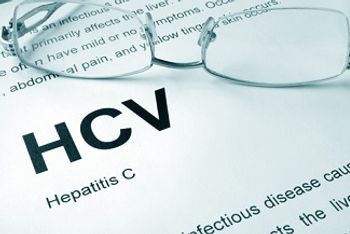
A multifaceted intervention has tripled the rate of hepatitis C virus screening in a baby boomer population.

DONATE-HCV trial offers new hope to those on waiting lists for new hearts and/or lungs.
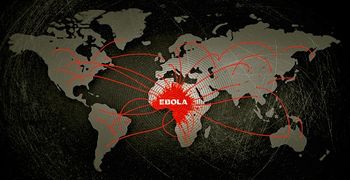
As Ebola case counts continue to climb in the ongoing outbreak, emergency preparedness simulations are underway in Uganda.

Designated frontline hospitals were expected to identify, isolate, and hold an Ebola patient for 12-24 hours, but an analysis cites gaps in biopreparedness in these facilities.

Ebola virus survivors experience ongoing symptoms following infection, and a new study tracks how those patients compare in health with close contacts who weren’t infected.
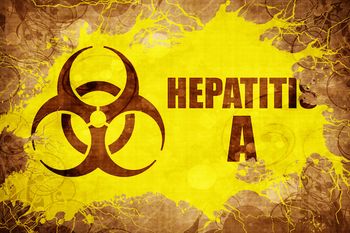
In May 2017, a case of hepatitis A was detected in a Salt Lake County hospital. Over the next 20 months, Utah health officials worked to address what ended up being the largest hepatitis A outbreak in the state’s history.

On any given day 590,000 individuals are incarcerated across the EU, yet surveillance and reporting for new infectious disease diagnoses are only required for tuberculosis.

Donald Jensen, MD, discusses the hepatitis A outbreaks that have been declared in 18 states since 2017, highlighting modes of transmission, vaccine recommendations, and the implications of co-infections.

Direct-acting antivirals are probably worth the price, but are there new ways to get them into patients’ hands?
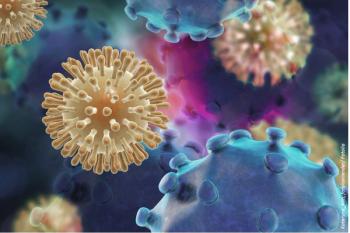
A London study shows that men infected with HIV are acquiring HCV at much lower levels than before.
